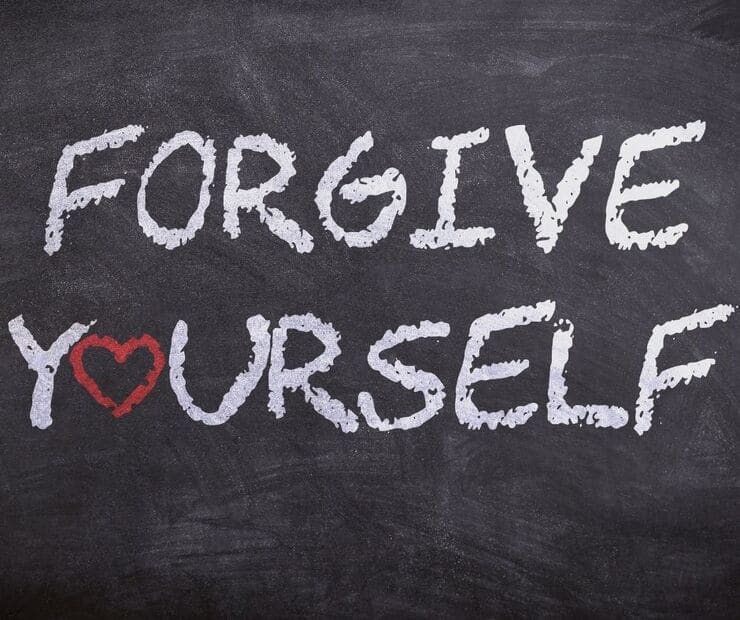
Despite being two different emotions, shame and guilt can cause similar destructive reactions. Experiencing these two feelings can cause one to be overly self-conscious. The brain begins to overthink every situation, casting major self-doubt. Harboring shame and guilt for a long time can manifest bouts of anxiety. Living with shame and guilt can breed unhealthy coping mechanisms. Second-guessing yourself and worrying about everything you do is actually not normal.
The book, Spiral of Shame: Confronting Your Demons differentiates the two emotions. Sometimes people confuse shame and guilt as being one and the same.
If you’ve ever felt guilt, it’s most likely after you did or said something. Thinking about how you acted or behaved can create this emotion. The feeling of regret causes people to relive the situation and think. The mind will ask, “what if I did this instead?” Sometimes, the overwhelming feeling of guilt can get you to go back and try to “fix” the situation. The emotion of guilt can also have people hide things from others.
Shame is linked to your self-perception, where you may feel inadequate somehow. The feeling of low self-esteem can create thoughts that you aren’t enough. Shame is when you beat yourself up over something you can’t control. You’ll criticize yourself in your mind, aloud while alone or in front of others after you feel you made a mistake. Shame can run so deep that it takes the form of self-loathing. Feeling ashamed of yourself can negatively affect behaviors, and you may not notice. Common responses to this emotion include withdrawing or avoiding communication.
Experiencing either shame or guilt bears a weight you don’t want to carry. A reaction to both of these emotions is avoidance. Running away from your own feelings is a defense mechanism to shield yourself. Being consumed by either shame or guilt is something many people want to escape. However, not confronting the issues can lead to self-destructive behaviors.
Some people escape with drugs, alcohol, food, gambling, or anything else. The goal is to numb the bad emotions and rampant negative thoughts. On the flip side, others may become overly caring and aim always to please. Burying your head in work or a project is another way to flee from the feelings.
Another emotional reaction may be assertiveness and staunchly defending yourself. While it sounds great that you’re standing up for yourself, you have to address the cause. You’re behaving like this for a reason. Acting offensive or defensive is really avoiding any shame or guilt you may feel.
Going on the run from yourself does nothing to confront the negative emotions. To deal with shame or guilt, you need to identify the source of the feelings. Then, you need to embark on a journey of healing. Somewhere along the line, something or someone seeded doubt in your mind. Often, shame and guilt stem from a past experience, most likely in childhood. If your inner voice is critical and always has something negative to say, you need to heal.
To stop being your own worst enemy, you need to work on being kinder to yourself. The first step on the path in confronting your inner demons is to see the problem. Then, you have to start working on dealing with your past, or life becomes a vicious cycle. To overcome shame and guilt, you have to forgive yourself and work on self-acceptance. These two processes will help you build a more positive self-concept. Once you feel better about yourself, you can be proud of your accomplishments. Eventually, you’ll feel self-love, move on from your past, and live a more mentally healthy life.
You can go through a therapy program for any deep-rooted issues. If you think you can work it out on your own, Spiral of Shame has activities. Two are available to see if you experience excessive shame or guilt. The book guides you through, so you can confront your demons head-on.
